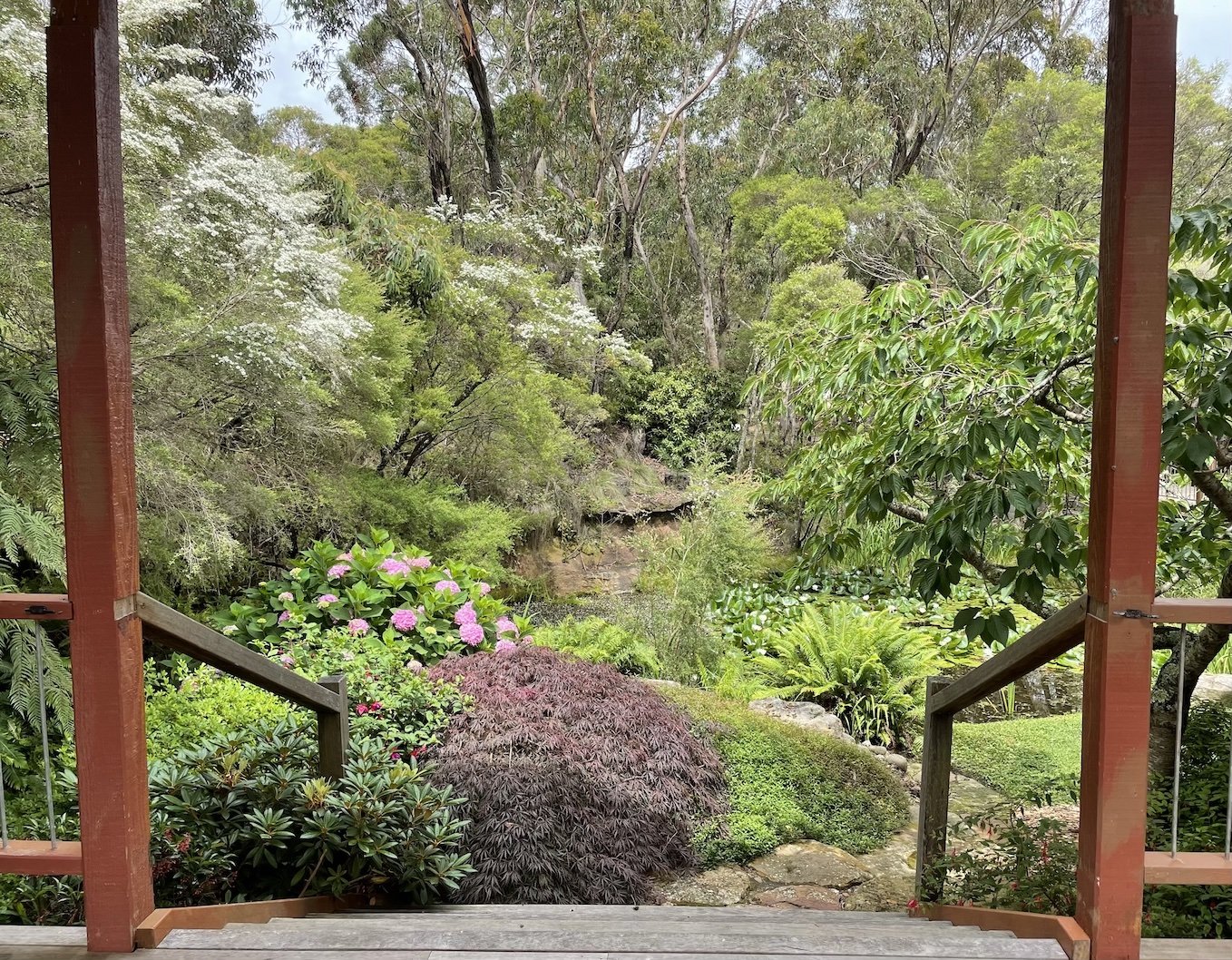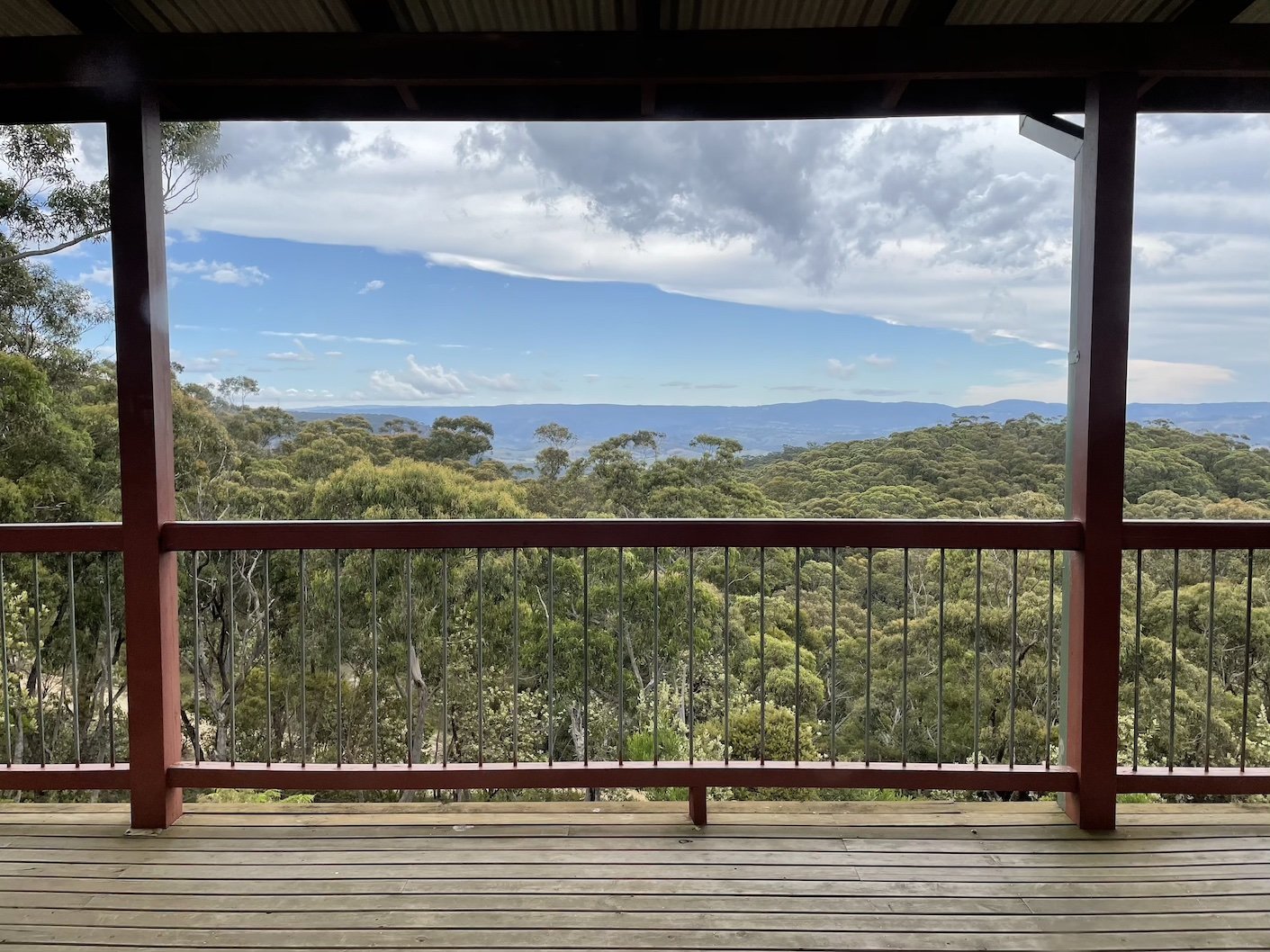“All of humanity’s problems stem from man’s inability to sit quietly in a room alone.”
Ehipassiko
Ehipassiko - Come See for Yourself.
From the book Homo Deus by Yuval Noah Harari.
August 2020. Covid. Melbourne was in its 2nd Lockdown. I was privileged to have a roof over my head, food to eat, a job with no pay cuts, and unlimited high-speed Internet. I had absolutely nothing to complain about. Unfortunately, not everyone in the world could say that. The fact that a virus outbreak could crumble the world order made me wonder what have we achieved as a humanity. We love to claim that we are the most intelligent species on the planet, but are we?
Maybe YouTube did not like my line of questioning and it decided to show me another perspective. It gently pushed a video in my recommendations. The video was titled “Why Humans Run the World”.
Why humans rule the world. A TED talk by Yuval Noah Harari.
According to Yuval, on the individual level, a homo sapien is similar to a chimpanzee. Just based on the ability to survive, a chimpanzee is much better than a human. However, our ability to cooperate both flexibly and in large numbers is what makes us powerful at a collective level. And the way we do so is by creating and believing in fictional stories. God, religion, nations, human rights, corporations, money. All are fictional stories. We live in a dual reality. We have constructed a layer of fictional reality on top of objective reality and today, the very survival of objective realities depends on decisions and wishes of fictional realities.
Yuval’s insights along with his ability to present them in a logical, easy-to-understand manner made me want to enquire more about him and his work. I found out he is a historian, philosopher, and best-selling author of three books.
The three best selling books by Yuval Noah Harari.
Sapiens is one of the most profound pieces of literature that I have read. It is like a condensed form of entire human history. Observations of our collective behavior since evolution bring to the surface fundamental patterns about us. Although it is a non-fiction book, Yuval’s unique way of weaving facts into a story makes it nothing short of an engaging thriller. You will know why they say “Fact is stranger than fiction”. Barack Obama sums it up perfectly when he says “It’s a sweeping history of the human race from 40,000 feet”.
I picked up Homo Deus next. Home Dues is an extension of his previous book where he presents possibilities of what our future could look like based on the patterns we have seen until now. The dedication page caught my attention.
From the book Homo Deus by Yuval Noah Harari.
I googled S.N. Goenka. I learned that he is a teacher of Vipassana Meditation. Yuval mentions in one of his interviews that it was only because of his regular meditation practice that he was able to write his books. He says, “If I can’t observe the reality of my own breath, how can I hope to observe the reality of global systems”. This further piqued my interest in Vipassana.
When I read about the Vipassana technique and the course, the things that stood out for me were:
Non-Sectarian
Free from any rituals based on blind faith.
Noble Silence during the course.
Emphasis on practicing instead of preaching or metaphysical speculation.
No charges for the course. The student may choose to donate after completion of the course.
All the above points were in complete contrast to what popular “bearded gurus” in India practice. That made it easy for me to decide what path I would like to pursue.






I took my first Vipassana course at a center in Blackheath, New South Wales, Australia in December 2020.
Signing up for Vipassana has been one of the best decisions of my life. Being a student I don’t consider myself qualified enough to speak about the technique. However, I can say that daily Vipassana Meditation practice changes a person at a fundamental level.
Back from the course, I picked up Yuval’s third book, 21 Lessons for the 21st Century. The book has 21 chapters, each chapter about one of the fictional entities that impact our lives. God, Religion, Nationalism, Secularism, War, Immigration, Community, and Civilization are some of the topics. The subjects are discussed in a logical flow; the last paragraph of the chapter becomes a segue into the next. It comes as no surprise that the 21st chapter is titled “Meditation: Just Observe”.
After the first course, it took me almost 2 years to become consistent in my practice. There was one major roadblock that affected my daily practice which I will share in another blog. After getting rid of that roadblock from my life I went for my second Vipassana Course in December 2022. Since then I have maintained my daily practice and will continue to do so.
As I prepare to leave for my third Vipassana Course, I reflect on the doubt I had about human intelligence three years ago. At a collective level, we may be the most intelligent species. But isn’t it high time we ask ourselves “At a collective level, are we the most compassionate species?”
Thank you Yuval Noah Harari for inspiring me to pursue this path.
Ehipassiko - Come See for yourself.
Here is the text version of a talk given by Mr. S. N. Goenka in Berne, Switzerland.



